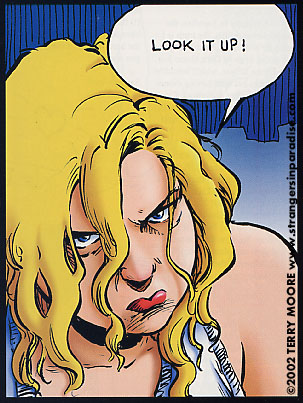This beautiful haunting book about the unlikely friendship of two women brought together by war, loss and fate, is compelling and unforgettable. Bestselling author Khaled Hosseini is a powerful writer with the lyricism to pull off this wrenching story about the power of love and the heroic and self sacrificing acts that result from it.
The two central characters of the book, Mariam and Laila, are both born in Afghanistan--but a generation apart. Mariam is the illegitimate daughter of a well to do man. Because she is illegitimate, she cannot live with him and instead lives on the outskirts of Herat with her mother. Her father then visits her every week. On her fifteenth birthday when she wants her father to take her to see Pinocchio at his movie theater, and he stands her up, she ends up going to his house and sleeping on his porch while waiting to see him. When he refuses to see her, she returns home only to find that her mother has hanged herself in fear that her daughter has deserted her. Mariam is then taken to live in her father's house, which doesn't go over very well with the rest of his family. They hastily arrange a marriage for Mariam to a man in Kabul who is thirty years her senior, a shoemaker named Rasheed. Mariam lives with this man and suffers repeated miscarriages and ever increasing abuse.
While Mariam is in Kabul, a neighborhood girl, Laila, is taken into their household after she loses her parents and becomes a second wife to Rasheed. Laila is able to bear children to term and at first there is great animosity between the two. But eventually Mariam and Leila become confidantes and friends and eventually survivors of the abuse Rasheed liberally doles out. I don't want to give away too much about what happens to these two women within this basic framework, but suffice it to say that Khaled Hosseini weaves a powerful tale of the strength of these two women juxtaposed against the brutality directed toward women by the Taliban. Under their rule women were expected to stay inside at all times, if they did have to go out they had to be accompanied by a male relative. If you were caught alone on the street you were beaten and sent home. You could not show your face under any circumstances. They had to be covered by a burqa when outside, if not, they were again severely beaten. Cosmetics were forbidden. Jewelry was forbidden. You did not speak unless spoken to. You didn't make eye contact with men. You did not laugh in public, if you did, you were again beaten. If you dared to paint your nails you would lose a finger. Girls could not attend school. Women did not work. If you were found guilty of adultery, you would be stoned to death.
The title of the book comes from a line in the poem "Kabul" by Saib-e-Tabrizi..."One could not count the moons that shimmer on her roofs, and the thousand splendid suns that hide behind her walls." If you are a woman, this book will sear itself into your heart and break it too. Guaranteed.
The Big Idea: Danielle Girard
5 hours ago









































No comments:
Post a Comment